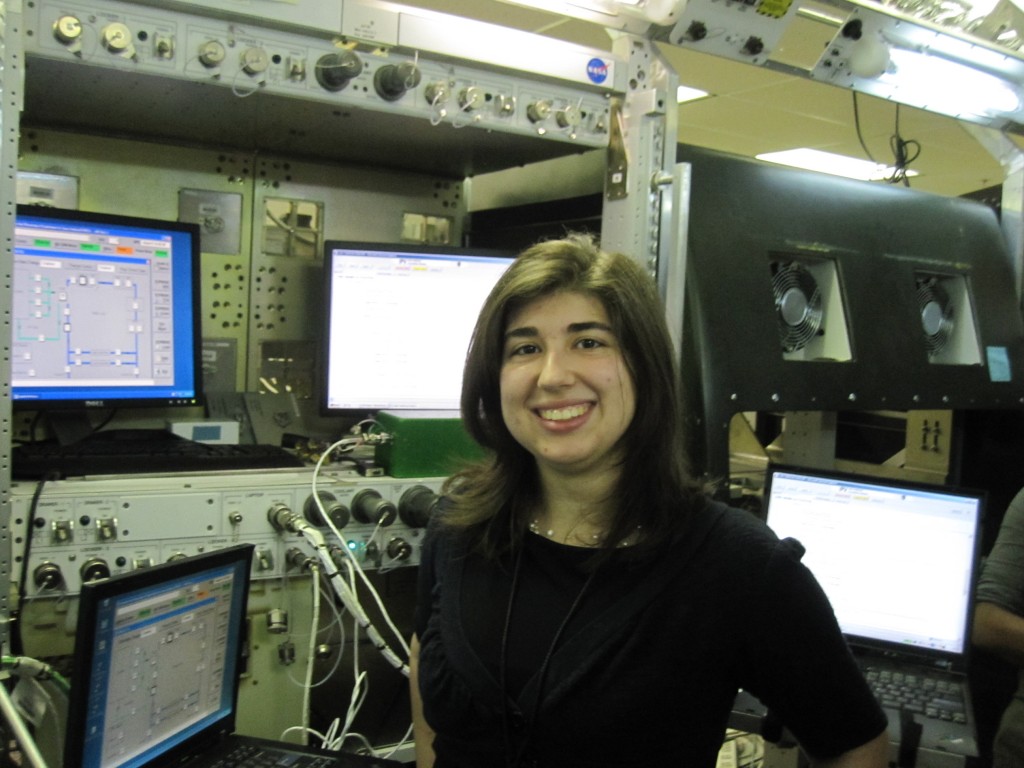Summer 5Q: Sibi Rajendran spends summer at University of Kentucky’s Spinal Cord and Brain Injury Research Center
July 13, 2012 | 5Q, Research, Summer, Uncategorized | No Comments
Since 2010, the Gatton Academy has offered students the ability to pursue summer research experiences through the Gatton Research Internships Grants (RIG) program. Made possible through the generous support of Mr. Carol Martin “Bill” Gatton, the program offers competitive grants to Gatton Academy students between their junior and senior years to support summertime research internships across the Commonwealth and the world. By providing a funding mechanism, the program directly creates new avenues for growth and exploration. This summer we are catching up with the 12 recipients of this year’s grants to hear their insights on research and education at the Academy.
Rising senior Sibi Rajendran of Frankfort is spending this summer at the University of Kentucky’s Spinal Cord and Brain Injury Research Center working with Dr. James Geddes. Sibi is contributing research to studies being done to determine the involvement of calpain 7 in cell death following elevations in intracellular calcium.
1. What does research mean to you as a young person interested in STEM?
Research in my opinion is a pivotal component in education. We accumulate mountains of knowledge during lectures and seminars, but without the practical understanding of doing hands on research, the message relayed during lectures is only partially received. As a young person interested in the STEM field, doing research in a subject that I love makes me feel whole or complete, finishing the puzzle that ordinary education leaves behind.
2. What is the part of the summer experience you are enjoying most?
I am most enjoying the hands-on experience of my research laboratory that I would not normally receive in high school or even undergraduate courses. Working with cutting edge research equipment in a high-tech laboratory is something that I honestly did not picture myself doing at such a young age, and this general laboratory environment is by far the most enjoyable part of my summer experience.
3. How does this research experience or internship fit into your educational and professional goals?
As a student looking forward to a career in the health field, there is no better way to start research than in the field of neurobiology and medicine. Research experiences like the one I am currently involved in will guide me closer to my career path and strengthen my applications to various educational opportunities and into a profession that I am closely looking forward to joining.
4. What are you looking forward to the most about your second year at the Academy?
While there are a thousand different reasons as to why I am looking forward to my second year at the Gatton Academy, the one that sums all of them up is because of the infinite opportunities that I have as an academy student. The opportunities like study abroad, research, tutoring, volunteering, and learning allow me to do things that a normal high school student could not even dream of.
5. How does the Gatton Academy help Kentucky from your point of view?
In a state where education is not nationally recognized, I feel that the Gatton Academy is working miracles by promoting high levels of learning and encouragement for education that is not usually present in the traditional educational system. The early drive for success is pushing more and more students to apply, causing students to develop high levels of education at a younger age.
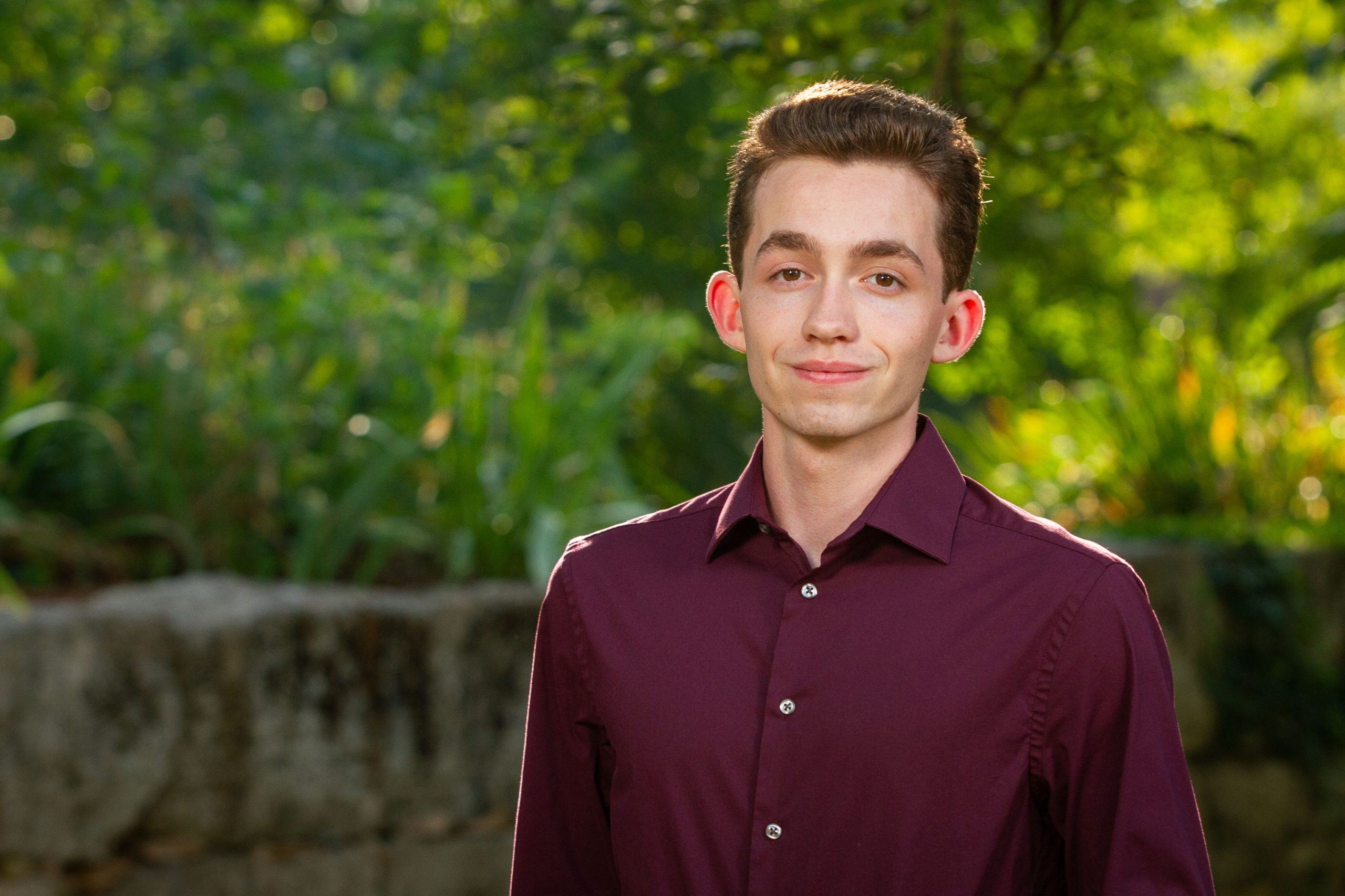
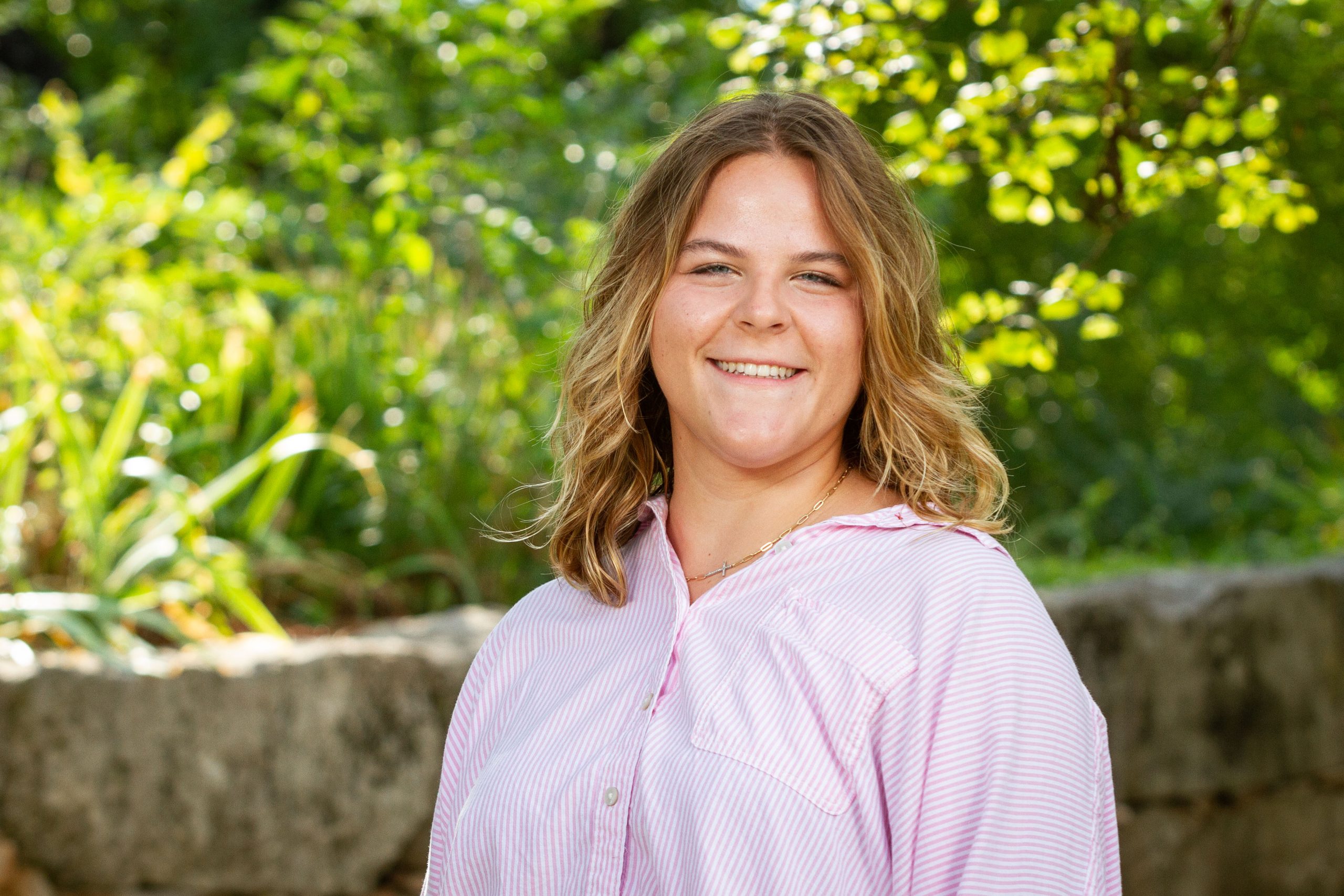

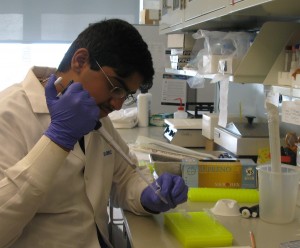
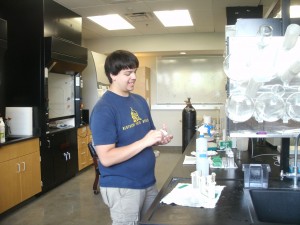
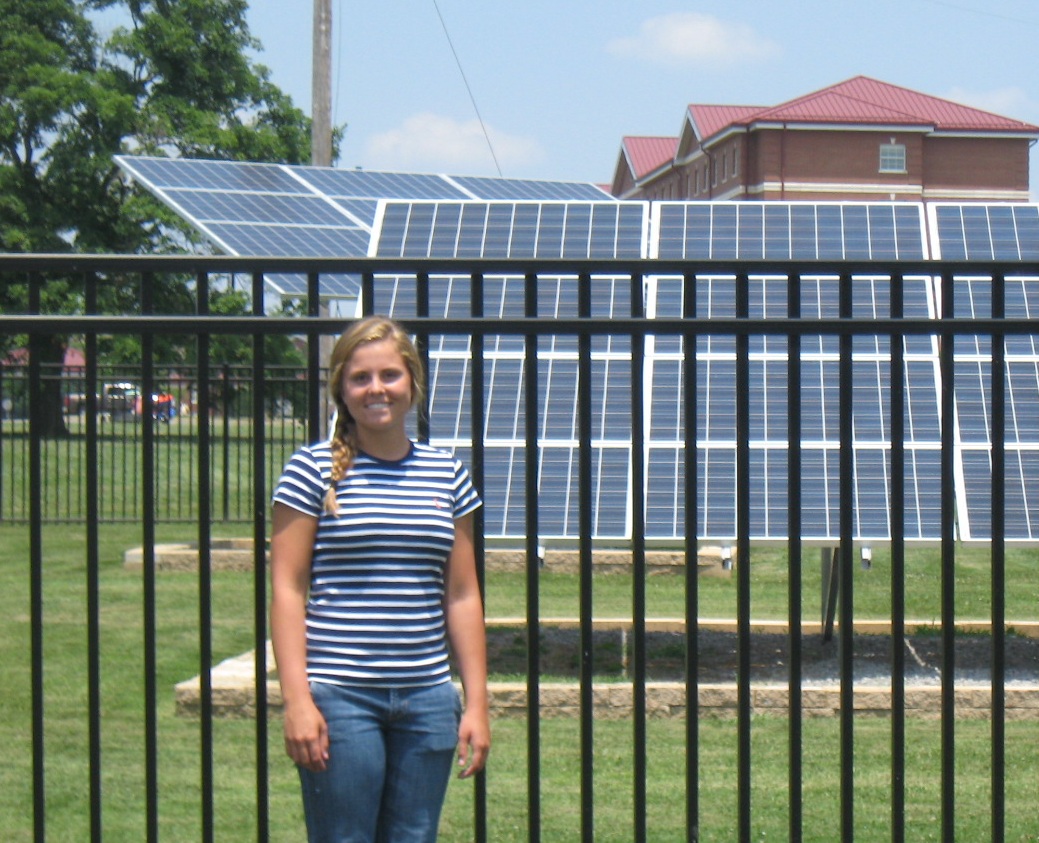
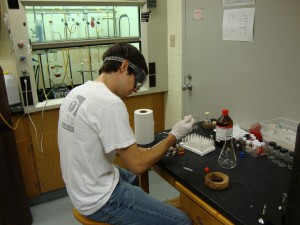 1. What does research mean to you as a young person interested in STEM?
1. What does research mean to you as a young person interested in STEM?